
Humans impart knowledge with dynamism and creativity, completely different from the coldness of AI.
In the context of strong technological development, artificial intelligence (AI) is increasingly entering people's learning and research lives. From high school classrooms to university lecture halls, from online courses to in-depth research, AI has become a new "teacher", supporting quick and convenient access to knowledge.
AI "teacher" takes the throne
Tools like ChatGPT, Gemini or Copilot... are capable of answering questions in almost every field from foreign languages, programming, science to soft skills in just a few seconds.
AI can not only provide answers, but also explain in detail, provide examples, and even personalize learning paths based on each person's level and needs. This saves time, reduces costs, and opens up access to knowledge for those who have difficulty with traditional learning methods.
Many teachers and parents see AI as a teaching assistant or home tutor, helping with lesson preparation, practice, and reinforcement. Students use AI to research, do homework, and practice skills...
From this perspective, AI seems to be opening a wide door of knowledge, helping learners progress faster in their journey to conquer knowledge.
Ngoc Thien, an information technology student, said he often uses ChatGPT to quickly solve programming problems. Just enter the request, AI immediately gives complete code with explanations, saving hours compared to searching on Google or flipping through books.
When knowledge is viewed through the "lens" of algorithms
Behind that benefit, however, lies a worrying question: is human knowledge really expanding, or is it being constrained by the very frameworks that algorithms create?
AI, no matter how smart, is still just a product of training data. Each model is “fed” with a pool of available information, which has certain potential biases, shortcomings, and limitations. The answers that AI provides are not “absolute truths,” but rather versions of information that have been selected, synthesized, and optimized in a way that the algorithm deems most appropriate, safe, or popular.
According to the MIT Media Lab study Your Brain on ChatGPT (6-2025), the overuse of AI in essay writing results in homogenized products, many of which are judged as “soulless” and show signs of declining critical thinking skills. When learning programming, AI also often guides the “most common way”, ignoring creative or less common but still effective methods.
As a result, the ability to search for and compare information gradually fades away. Learners easily accept the first answer as the truth, instead of continuing to ask questions or learn more. Over time, thinking is shaped by the algorithm, which narrows the diversity and creativity in accessing knowledge.
Open knowledge or closed knowledge?
AI will certainly continue to play an important role in education , but it cannot and should not completely replace active human learning. Instead of seeing AI as the ultimate “teacher,” we need to see it as a useful but controlled support tool.
Learners must actively verify information, comparing it with a variety of sources, both online and traditional. More importantly, they need to practice critical thinking and the ability to ask deep questions, so that they not only receive knowledge, but also understand its context, origin and limitations.
Knowledge only truly opens up when people dare to step out of the mold created by algorithms. At that time, AI is not a framework that binds thinking, but becomes an extension that helps us go further on the path of discovery and creativity.
What do you think about this issue? In your opinion, how should AI be applied to learning so as not to be passive and not lose the ability to debate? Please send your comments to Tuoi Tre Online in the comment box below the article, or email to tto@tuoitre.com.vn.
Source: https://tuoitre.vn/khi-ai-lam-thay-tri-thuc-dang-bi-thuat-toan-lap-khuon-20250805163518447.htm


![[Photo] General Secretary To Lam chairs the meeting of the Central Steering Committee on preventing and combating corruption, waste and negativity](https://vphoto.vietnam.vn/thumb/1200x675/vietnam/resource/IMAGE/2025/9/29/fb2a8712315d4213a16322588c57b975)
![[Photo] General Secretary To Lam receives US Ambassador to Vietnam Marc Knapper](https://vphoto.vietnam.vn/thumb/1200x675/vietnam/resource/IMAGE/2025/9/29/c8fd0761aa184da7814aee57d87c49b3)
![[Photo] National Assembly Chairman Tran Thanh Man chairs the 8th Conference of full-time National Assembly deputies](https://vphoto.vietnam.vn/thumb/1200x675/vietnam/resource/IMAGE/2025/9/29/2c21459bc38d44ffaacd679ab9a0477c)
![[Photo] General Secretary To Lam attends the ceremony to celebrate the 80th anniversary of the post and telecommunications sector and the 66th anniversary of the science and technology sector.](https://vphoto.vietnam.vn/thumb/1200x675/vietnam/resource/IMAGE/2025/9/29/8e86b39b8fe44121a2b14a031f4cef46)
![[Photo] Many streets in Hanoi were flooded due to the effects of storm Bualoi](https://vphoto.vietnam.vn/thumb/1200x675/vietnam/resource/IMAGE/2025/9/29/18b658aa0fa2495c927ade4bbe0096df)



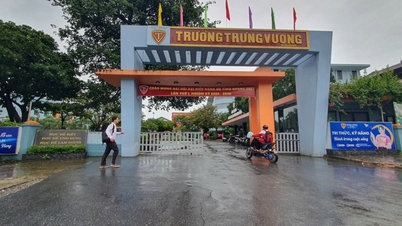

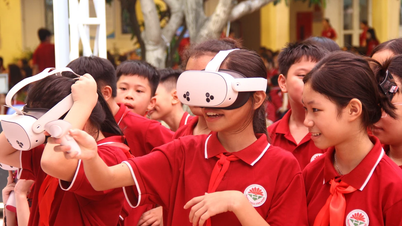












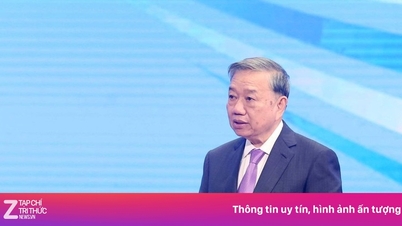
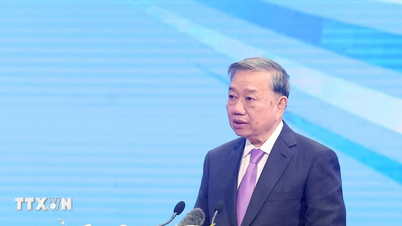






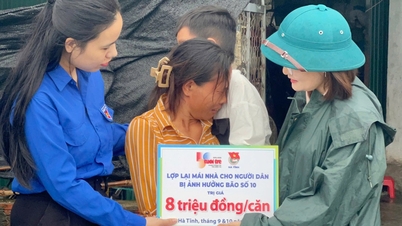


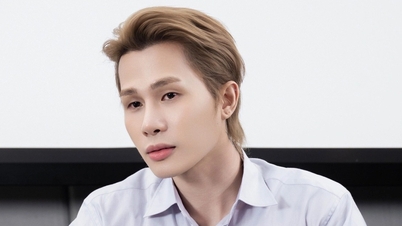
















































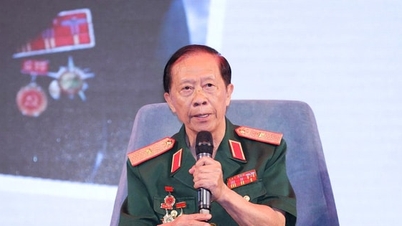






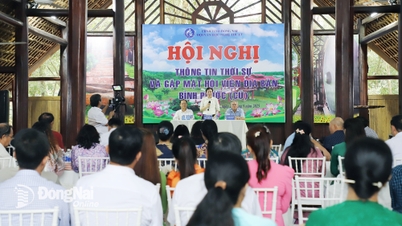












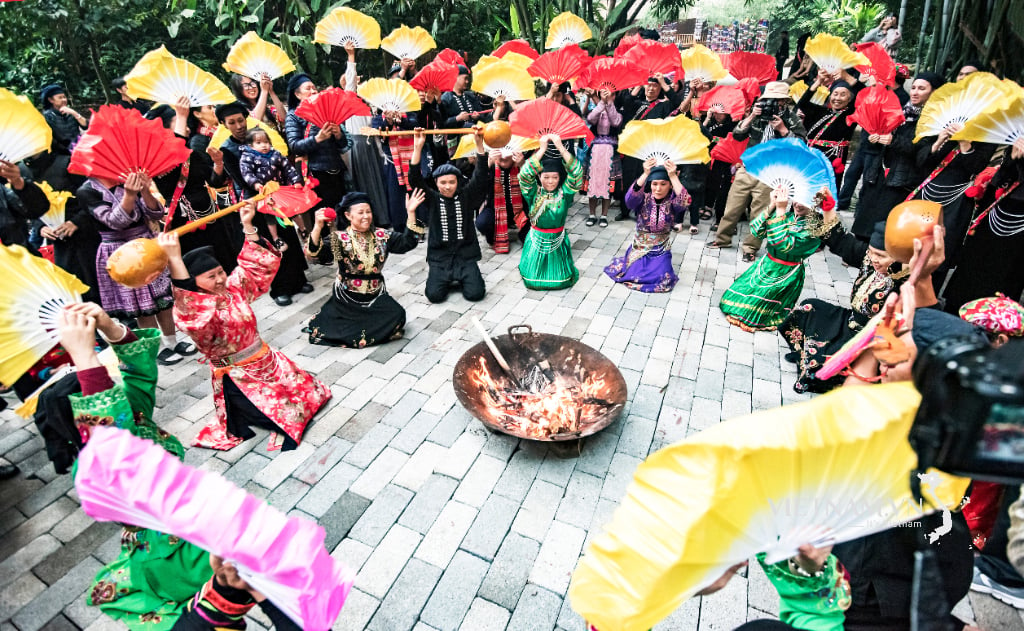
Comment (0)